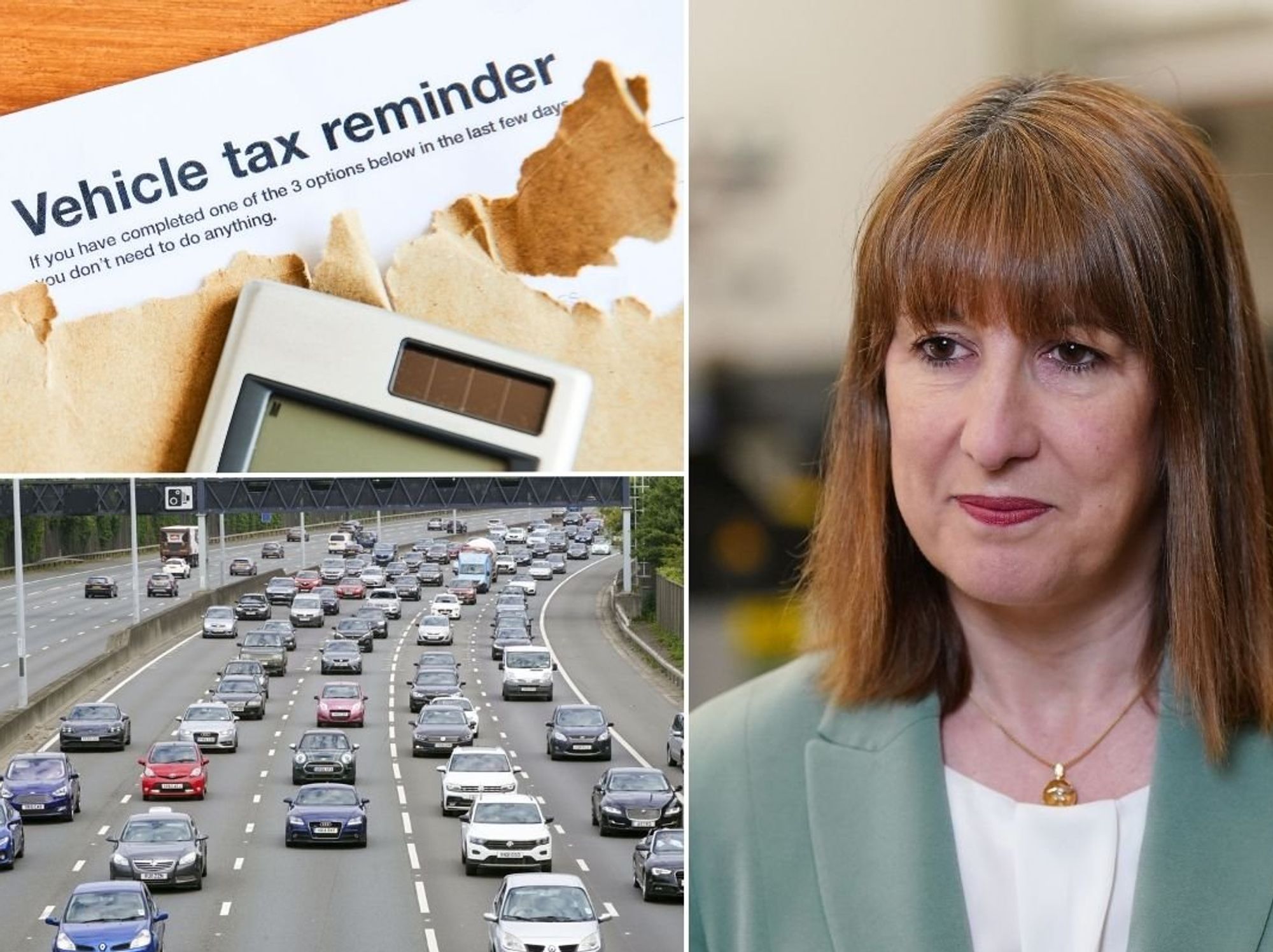Barbados becomes republic after severing ties with British monarchy
Dame Sandra Mason, was sworn into office replacing the Queen as head of state during a televised open-air ceremony in the capital Bridgetown
Don't Miss
Most Read
Barbados’ ties with the British monarchy going back centuries were severed when the nation’s first president, Dame Sandra Mason, was sworn into office replacing the Queen as head of state during a televised open-air ceremony in the capital Bridgetown.
In a message to the president and the people of Barbados the Queen sent the new republic her “warmest good wishes for your happiness, peace and prosperity in the future” and praised the nation which has a “special place” in her heart for “its vibrant culture, its sporting prowess, and its natural beauty”.
Prime Minister Boris Johnson said the UK and Barbados will remain “steadfast friends and allies” with “a partnership built to last”.
The heir to the throne watched the symbolic moment as the Queen’s standard was lowered for the last time and the presidential flag raised in its place at midnight local time, on November 30, the 55th anniversary of independence from Britain.
Charles told guests including Barbados’ prime minister Mia Mottley and singer Rihanna: “The creation of this Republic offers a new beginning, but it also marks a point on a continuum, a milestone on the long road you have not only travelled, but which you have built.
“From the darkest days of our past, and the appalling atrocity of slavery, which forever stains our history, the people of this island forged their path with extraordinary fortitude.
“Emancipation, self-government and Independence were your way-points.
“Freedom, justice and self-determination have been your guides.
“Your long journey has brought you to this moment, not as your destination, but as a vantage point from which to survey a new horizon.”
His words echoed a speech he gave during a tour of west Africa in 2018 when, after visiting a site in Ghana where Africans were shipped to a life of slavery, he described the slave trade as an “indelible stain” on the world.
There have been protests in the run-up to the ceremony with activists in Barbados demanding an apology and reparations from the monarchy and UK Government for slavery.
Successive monarchs supported or made money from the transportation and selling of people for profit during the 17th and 18th centuries.
As the slavery abolitionists campaigned against the trade they were opposed by the Duke of Clarence, George III’s son, later to become William IV.
The royal and the rest of the pro-slavery lobby would eventually lose the battle when William Wilberforce and other abolitionists succeeded in passing the bill banning the slave trade in 1807.
Charles’ speech was a positive message, as if written to a close acquaintance, harbouring no regret at the decision taken by Barbados’ leaders.
He listed the ways he will “remain deeply committed to this very special country” highlighting the on-going efforts of his Prince’s Trust International supporting Barbados’ young people and his work with their government on issues like climate change.
The prince added: “I shall always consider myself a friend of Barbados.
“Tonight you write the next chapter of your nation’s story, adding to the treasury of past achievement, collective enterprise and personal courage which already fill its pages.
“Yours is a story in which every Barbadian, young and old, can take the greatest pride – inspired by what has come before them and confident about what lies ahead.”
Britain’s commitment to maintaining a strong relationship with the Caribbean nation also appears a priority, with a trade delegation of 25 British companies, the first in three years, visiting earlier this month with Darren Henry, the prime minister’s trade envoy to the Caribbean.











